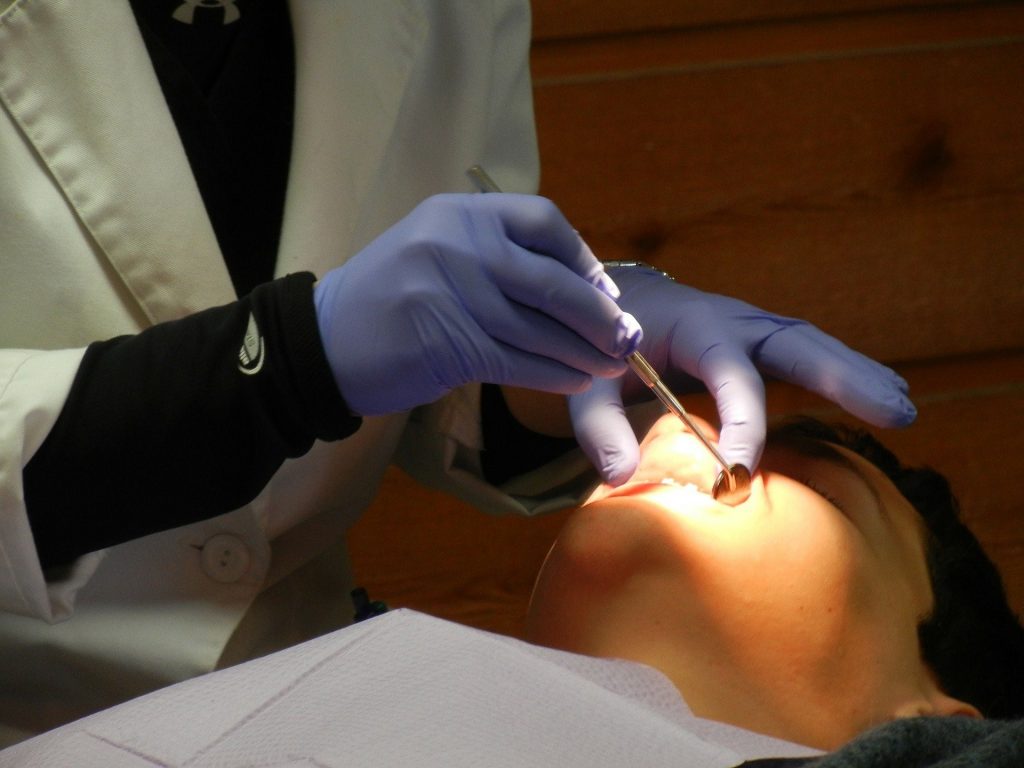Tooth extraction is an invasive treatment that involves removing one or more teeth from the mouth. The usual reasons for tooth extraction are pain, damage, orthodontic problems, and infection. Since it involves pulling out a human tooth there are dangers inherent to this kind of treatment. It is important to take proper care of your mouth both before and after having teeth removed so you can have the quickest recovery possible following surgery.
Like most medical procedures, there are several things you need to do after your surgery in order to recover properly. Your goal should be to get back on your feet as soon as possible while also taking care not to injure yourself further by doing something wrong. This guide focuses on what you can do immediately following your surgery to speed up the recovery process and what you should avoid doing for a day or two afterwards to ensure that bleeding doesn’t reappear or start.

Before getting into the specifics of what you should do following your surgery, it is important to note one thing: taking painkillers after surgery can potentially lead to complications. Some painkillers are not meant for people who have recently undergone a dental operation because they can cause excessive bleeding or delay healing times. Speak with your dentist about whether you should take any painkillers at all and if so, inform them as well as be sure you only take those specifically advised by your dentist and follow directions carefully.
Without further ado, here’s everything you need to know about tooth extraction dos and don’ts.
Don’t smoke for 24 hours after surgery
Smoking can interfere with the healing process, resulting in longer downtime and a larger risk of infection due to the body being unable to heal itself as quickly or thoroughly when smoking is involved. In addition, many people find that smoking worsens their pain so it’s best to avoid it entirely following your extraction procedure. Some medications might also interact negatively with nicotine so be sure and check with your dentist about what you can and cannot do before lighting up.
While there is no need to completely stop smoking if you enjoy it, try cutting it down around the time of your surgery or abstain from cigarettes altogether while you recover from tooth extraction. It will help speed up your recovery time and reduce the risk of complications.
Do take painkillers when advised by your dentist
Despite some surgeons’ reluctance to prescribe pain medication after surgery, you should never refuse a prescription for any type of medicine from your dentist in order to speed up your recovery. Pain is an important signal that indicates something is wrong in the body so cutting it out entirely won’t lead to favourable results. Instead, use painkillers as per instruction to ensure that you recover quickly without doing further damage or hurting yourself in any way.
Don’t remove gauze from inside your mouth within 24 hours
Unless instructed otherwise by your dentist, don’t try removing the gauze inside of your mouth immediately following surgery. Bleeding can happen if the gauze is removed too early so wait until you are given the go-ahead to remove it yourself before doing anything. In some cases, a dentist may need to remove your gauze for you but that usually takes place within a day or two of surgery depending on which kind of treatment has been completed.
Do keep an eye on blood and swelling
If you were prescribed medication for pain following your tooth extraction, take it as advised by your dentist. You should also drink plenty of fluids during recovery to avoid dehydration and pay close attention to how much bleeding occurs after surgery since this can often indicate whether complications have occurred from the procedure itself. Make sure not to do anything too strenuous for at least 24 hours after having teeth pulled out and be sure to keep an eye on any bleeding or swelling that occurs in your mouth after having teeth removed.
Don’t use straws, eat hard foods or drink anything too hot for at least 24 hours
Swallowing food and drinking is fine following surgery but avoid using a straw since this can irritate the inside of your mouth. As well, try to stick with soft foods initially until you are given the go-ahead by your dentist to eat what you like without the potential risk of damaging stitches and surgical sites within your mouth. Be careful not to consume anything that is too hot for at least 24 hours because it can burn delicate tissues still healing from tissue removal and potentially lead to further complications if they’re exposed to high heat for too long.
Do follow up with your dentist
If you experience an adverse reaction to medication following your surgery, contact your dentist immediately. They might need to change the dosage or prescribe a new type of painkillers if the ones they prescribed before weren’t effective enough in relieving any pain caused by tooth extraction. You should also visit your dentist again within 24 hours if bleeding persists for more than a few days since it can be indicative of another issue; such as surgical complications from having teeth removed or the presence of a dry socket.
Don’t use expired medication
Expired medication doesn’t work like it’s supposed to which means that its results can vary from being almost completely ineffective at best and a health risk in worst cases. Be sure to check whether any medication you’re prescribed for pain following tooth extraction has expired before using it since this can make the difference between something totally ineffective or dangerous when used for treatment after having teeth pulled out.